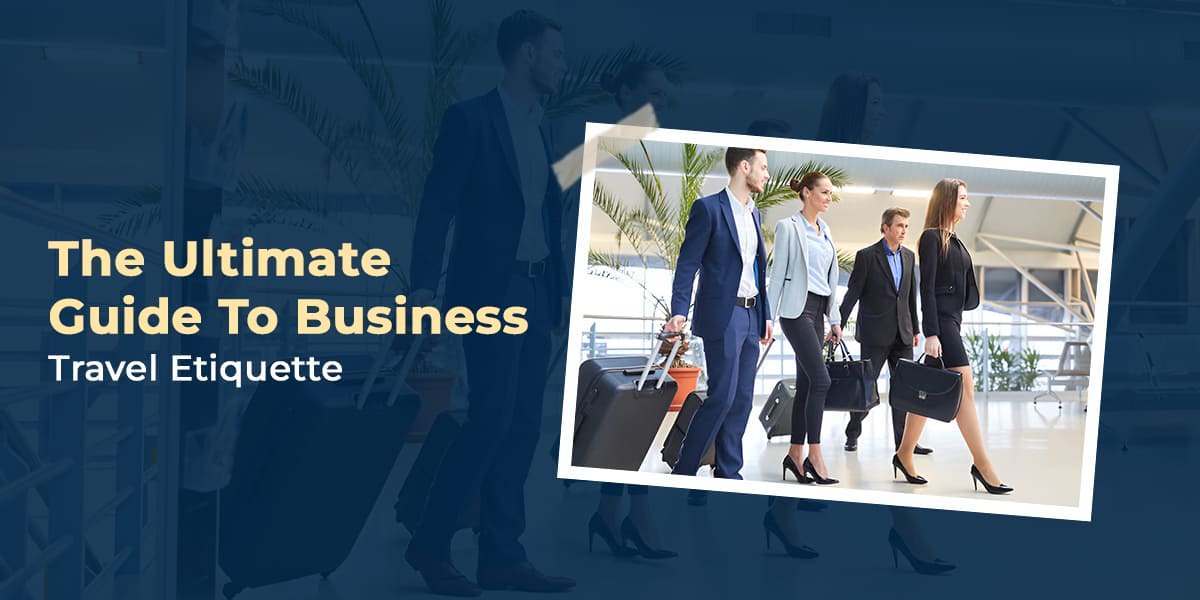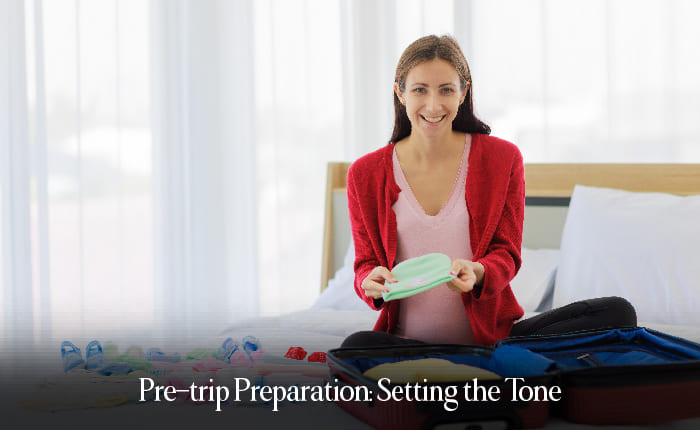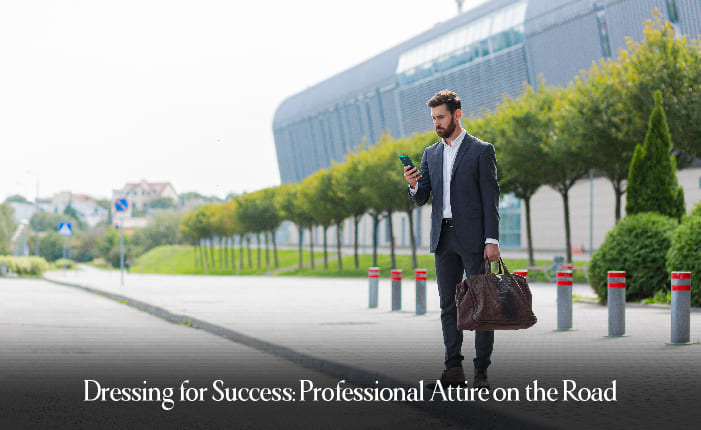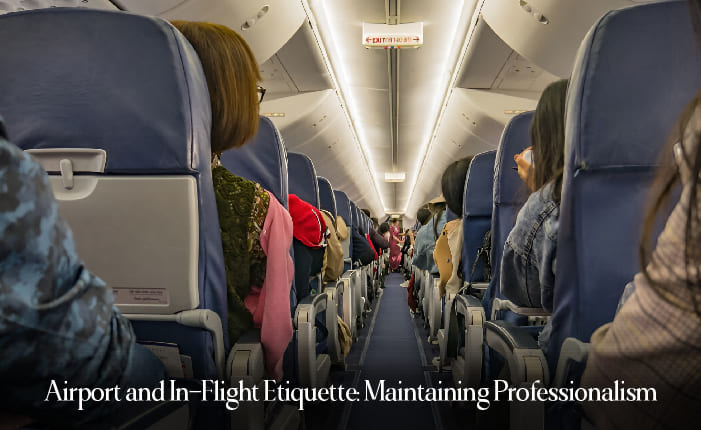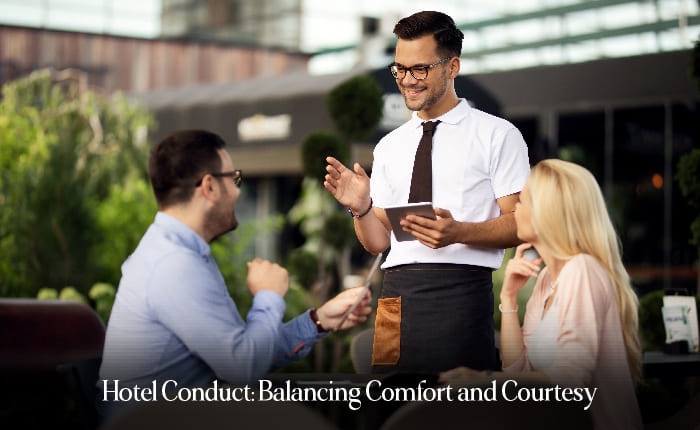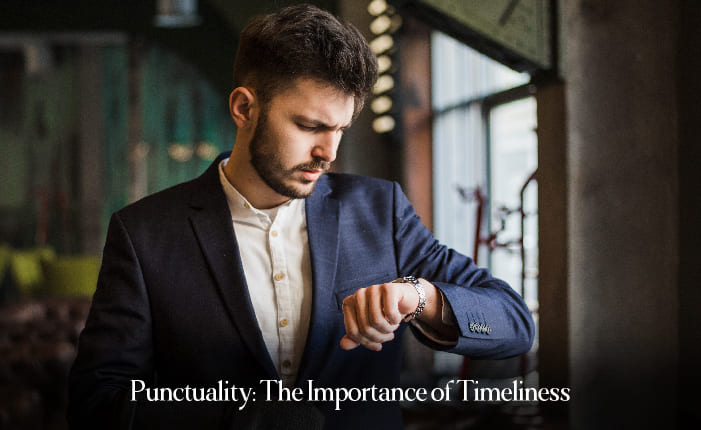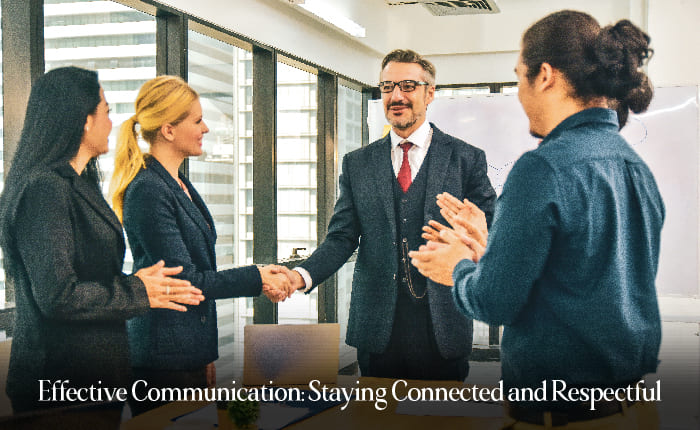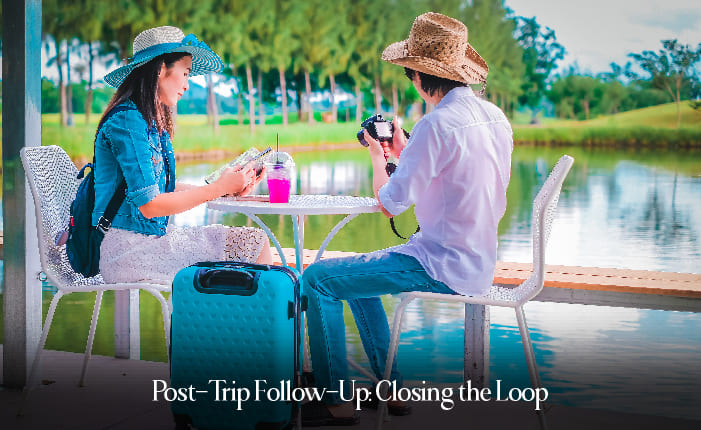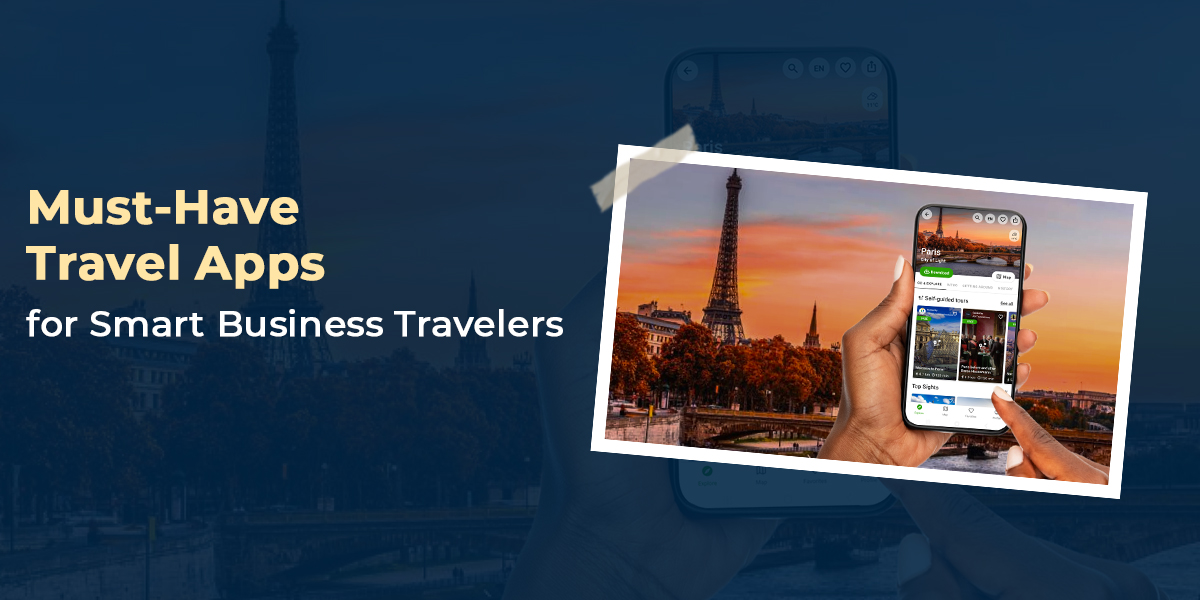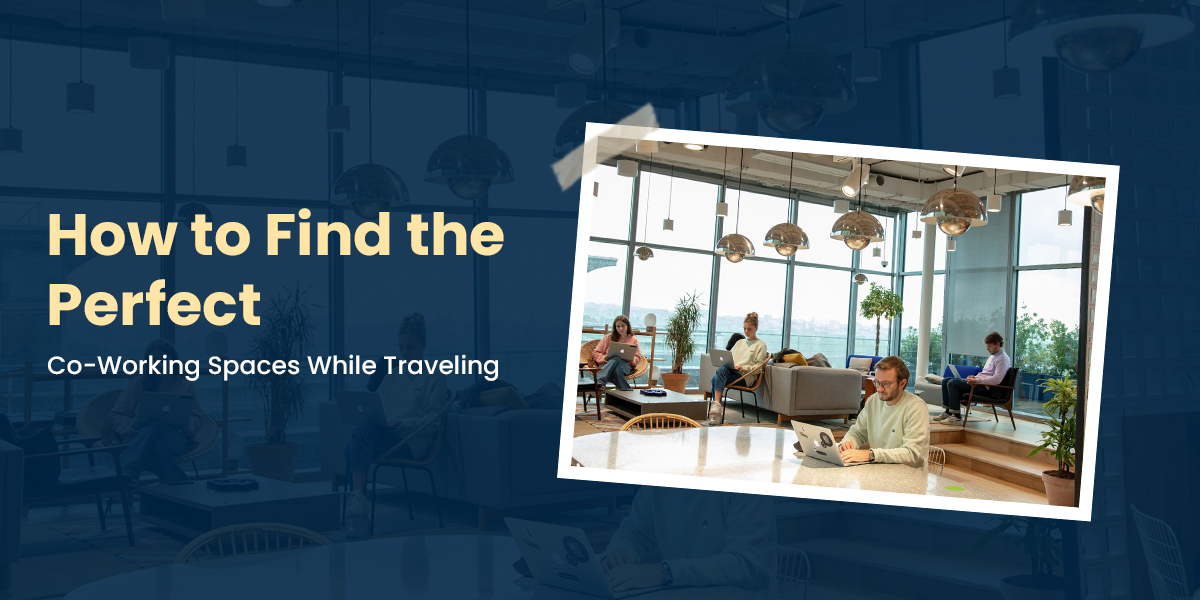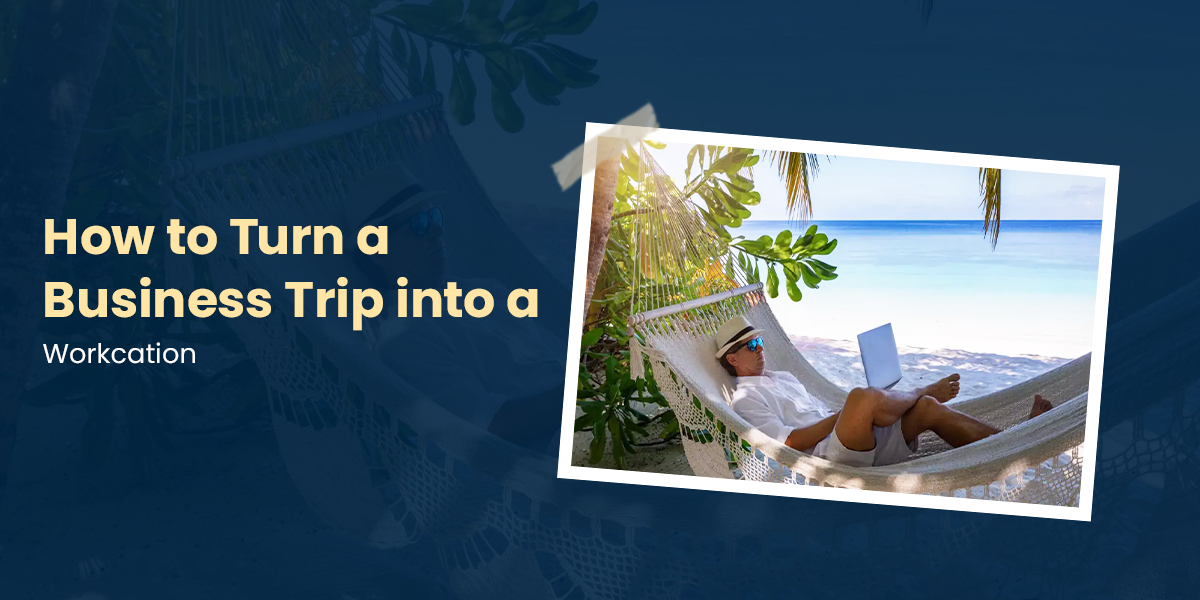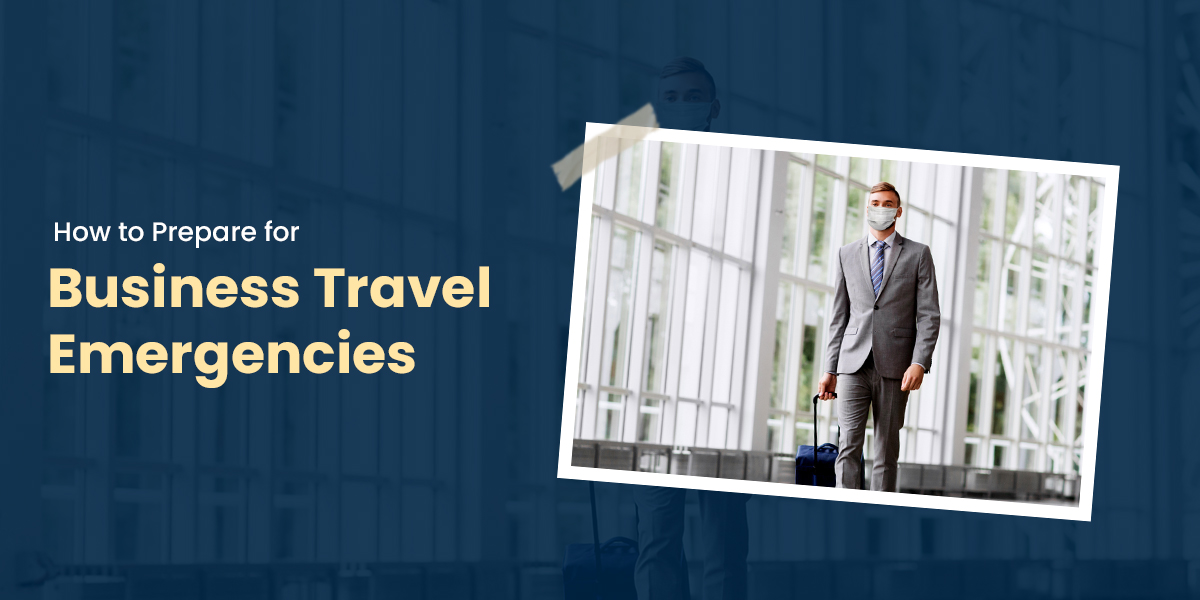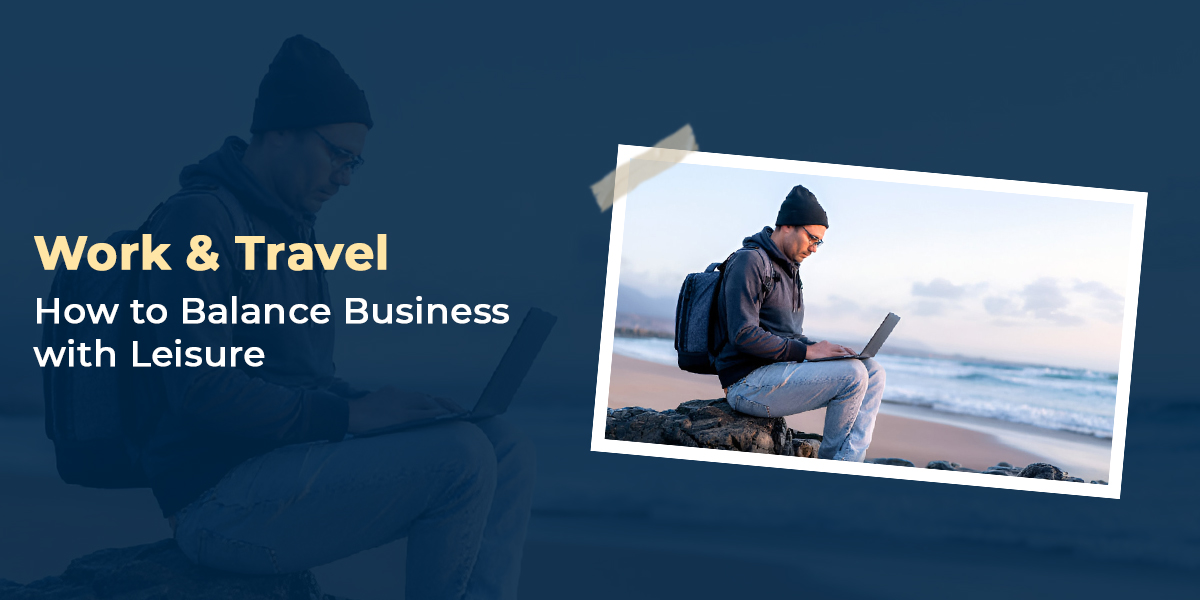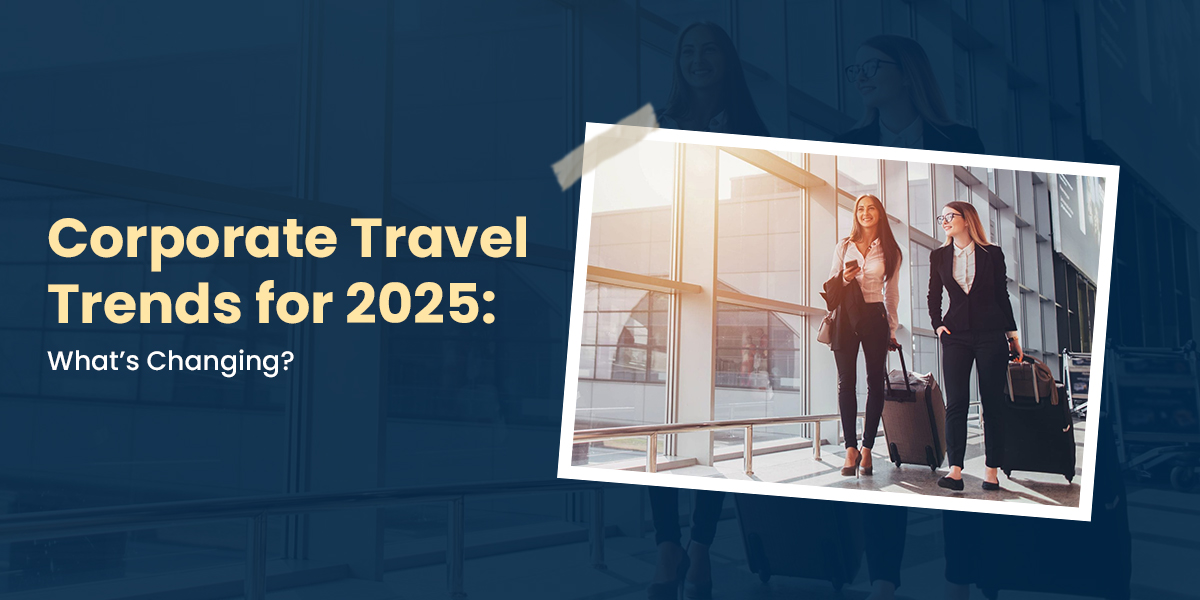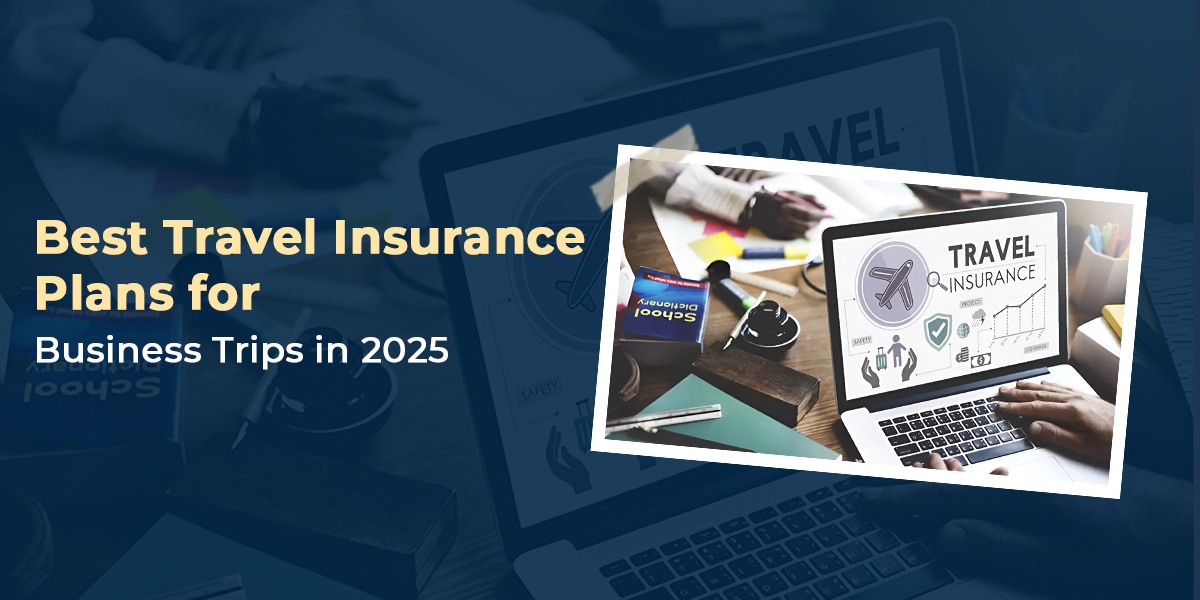Business travel is a world filled with etiquette rules. There's much to learn, from the fine art of airline etiquette and cultural differences to mastering airplane etiquette.
The blog will help you explore the complicated world of business trips with grace and style. You'll be equipped with all the insider tips and tricks of business travel etiquette you need to create a positive impression, personally and professionally.
Are you prepared to start this adventure? We'll explore business travel etiquette in a group!
Pre-trip Preparation: Setting the Tone
Preparing for a business trip requires ample advance preparation. Confirm all travel arrangements—flights, lodging, and ground transport. Make sure your passport and any essential visas are up-to-date. Make an itinerary including critical dates, contacts, and addresses to stay organized during your travel. Conduct research into local cultures, customs, and climates to interact appropriately with professionals when you arrive at your destination.
Dressing for Success: Professional Attire on the Road
Your attire has an enormous effect when traveling for business purposes, making a lasting first impression with every meeting or encounter you have. Maintaining your professional image should take precedence over comfort, particularly during lengthy layovers or flights. Consider the culture of your destination when choosing business clothing for meetings. Mix and match pieces to suit different situations. Always keep accessories simple and professional. Also, always be prepared with a clean and pressed outfit for the first meeting.
Airport and In-Flight Etiquette: Maintaining Professionalism
Navigating airports and flying requires patience and professionalism. Arrive early to prevent the stress that comes with rushing through security. Keep conversations low-volume, use headphones to listen to media, and avoid excessive reclining of seats. Respect personal space and be courteous towards flight attendants, other passengers, and the crew. Any problems encountered onboard should be managed calmly, discreetly, and with regard for all.
Hotel Conduct: Balancing Comfort and Courtesy
The way you behave at the hotel may reflect your professional attitude. Even when your reservation is late or there are issues, always show respect and courtesy to hotel staff (bellhops and housekeepers included). Be respectful when dealing with them! As it's a shared area, keep your room clean and tidy. Report any damage or issues immediately. Be considerate when working in your hotel room. This is especially true at late hours.
Punctuality: The Importance of Timeliness
Professionalism is defined by punctuality, particularly during travel for business. Always arrive 10 to 15 minutes earlier for events and meetings as a show of respect. This gives time for any delays that arise unexpectedly. Notify the parties concerned as soon as you can with your estimated arrival time. Use reliable transport methods during your journey and give yourself extra time to accommodate unfamiliar roads or traffic.
Dining Etiquette: Making a Good Impression at the Table
Dining etiquette can be vital for business dinners, where deals and connections are made. Start by copying your host's order and topics of conversation. Refrain from ordering expensive food and drinking too much, even when others do. Avoid controversial subjects and engage in light conversations to establish rapport. Table manners are important. Thank your host and the person who is handling your bill.
Effective Communication: Staying Connected and Respectful
During business trips, it is important to maintain respectful and clear communication. Keep your mobile on silent during business meetings, and take only necessary calls. Be concise and focused when interacting with clients or colleagues, particularly if you are dealing with language barriers. After meetings, send a quick thank-you email or text message summarizing the key points. Maintaining professionalism throughout your entire trip will make a positive impact. This includes at the hotel or airport.
Post-Trip Follow-Up: Closing the Loop
After your trip, it is important to follow up on the agreements and connections made. You can send a personalized email or thank-you note to every person who met you, noting specific plans or discussions made during the visit. Send expense reports accurately and promptly, along with all receipts and supporting documentation. Share your observations with your team. By following these practices after a trip, you can ensure that the efforts made during your journey will reap long-term rewards for your relationships.
Wrapping Up...
Business travel etiquette involves demonstrating professionalism and respect at all times. It's more than simply following the rules. Make the most of your business trip by planning ahead, dressing suitably, arriving punctually, and communicating effectively. These guidelines apply similarly, whether you're an experienced traveler or new to business travel. They'll guide you through both the opportunities and challenges of travel.
